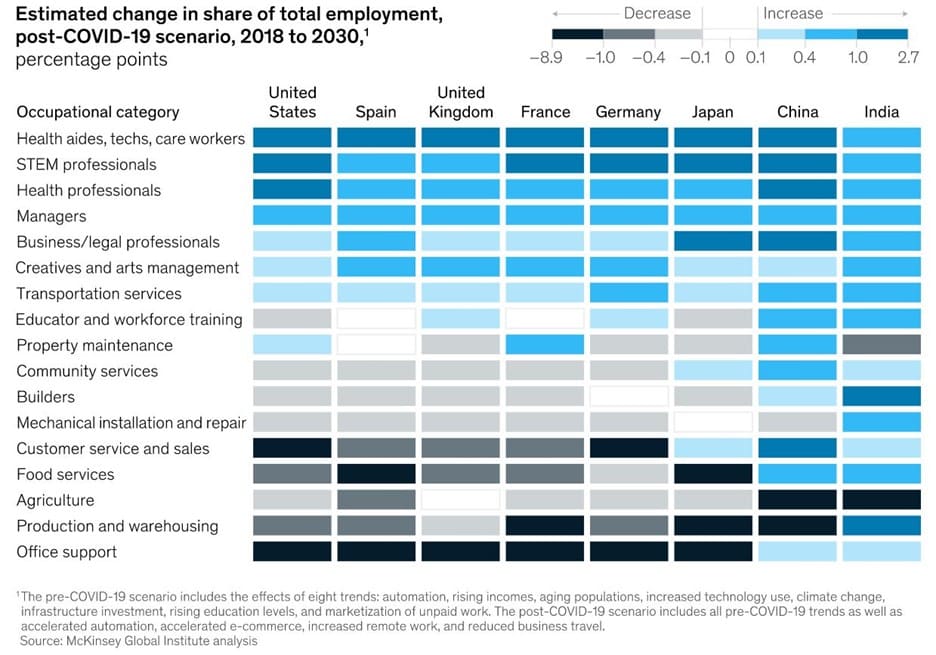In recent years, online banking has continued to grow as banks offer more and more online and mobile banking services. In fact, 73% of banking customers use online banking at least once a month. Similarly, 59% use mobile banking at least once a month.
With this rapid rise in popularity comes some concerns for bank account holders. Luckily, it is easy to avoid the most common online banking mistakes. We’ll take a look at what to keep an eye on and how you can make online banking a breeze.
1. Login Safety Mistakes
One of the most common banking mistakes is not having adequate safety measures set for online banking services. You should never use auto-login features. This can make it too easy for someone else to access your account.
Instead, use a password or biometrics login on your phone. If possible, you should also use two-factor authentication to ensure additional safety.
It’s also important to choose a unique username and password, one that you do not use anywhere else. Your bank may be taking strict online security measures but other websites you use may not.
If a hacker finds out your password on another website and then learns that you have used it in multiple places, they could have easy access to everything, including your bank account. For similar reasons, you should also change your password regularly, so if a security breach does occur your account is not at risk for long.
Speaking of passwords, it is imperative that your bank account password is very strong. Use a mixture of uppercase and lowercase letters, symbols, and numbers. Make sure it’s not easy to guess either.
2. Unsecure Online Access
How you access your online bank account is also important. This is particularly true if you plan on accessing your online bank in public or through a device you don’t own.
Don’t bank on public wi-fi if you can avoid it. You also shouldn’t use public computers. Even if you log out completely, hackers can still record keystrokes to gain access to your accounts.
When using your bank’s website, make sure the web address includes “https://”. The “s” is important as it indicates that there are extra security features protecting you.
If you want to download your bank’s app, make sure it is the official one. Download it via iTunes or Google Play. You may even be able to download it through your bank’s website. Either way, make sure your phone is also protected with a strong password too.
3. Not Checking Banking Activity
Another common online banking mistake is not frequently checking your online banking activity. If fraudulent activity occurs, it’s important to catch it early so you can talk to your bank and rectify any issues.
But in order to do that, you need to actively be aware of what is going on within your account. Online and mobile banking make it easy to view your recent activity. Simply look through your transactions once a month to make sure everything is how it should be.
If you notice anything is off, you should then immediately get in touch with your bank. Doing this does not take a lot of time and could prevent you from having to deal with much larger problems down the road.
Additional online banking services can make staying on top of your account even easier. Many banks allow you to enrol in email, text, or push alerts that are triggered by certain activities. These could include unusual activity, balance thresholds, or transactions meeting certain criteria.
These options are usually available in your profile or through the security features section of the website. Signing up for these options lets you know about problems with your account between times when you check on it. This can help you keep an eye out for anything unusual.
4. Handling Mobile Deposited Checks
Being able to remotely deposit checks can save you a lot of time. But, it’s important that you handle mobile check deposits correctly.
Instead of throwing the check away as soon as you deposit it, keep it for two weeks. It takes a few days for the check to clear. If there is a problem reading the check, you’ll have proof of the correct amount. Afterwards, be sure to shred the check, instead of only throwing it in the trash.
5. Mistakes When Making Online Payments
Online payments make it easy to send money to others and pay bills. But, you need to be very careful when doing these actions.
If you are scheduling a payment, make sure the date is correct. Sending it too late could cause late fees if it’s a bill. Also double-check the amount you enter. Even a slight change in decimal can make a huge difference.
Finally, be sure you follow through with the payment. Online banking portals may have multiple steps. Follow through and make sure you end up with a confirmation page or email. Otherwise, you could owe late fees for your bills if the payment isn’t fully completed.
6. Sending and Receiving Money
If you send money to another person or account, be sure to double-check their details very carefully. If the details are wrong, you could send the money to a different person or business. This is very difficult to correct as the other person would need to approve returning the money.
If you expect to receive money from someone else, also make sure the details you give them are correct. Otherwise, you may not receive the money you are expecting. This can be difficult to fix too if the person accidentally sends it to someone else.
Avoid Online Banking Mistakes
Online banking is an important part of modern financial management. This is why avoiding common online banking mistakes is so important. Taking these measures can save time, money, and a lot of potential heartache.
Subscribe to the CFI.co magazine to learn even more ways to improve your finances.






